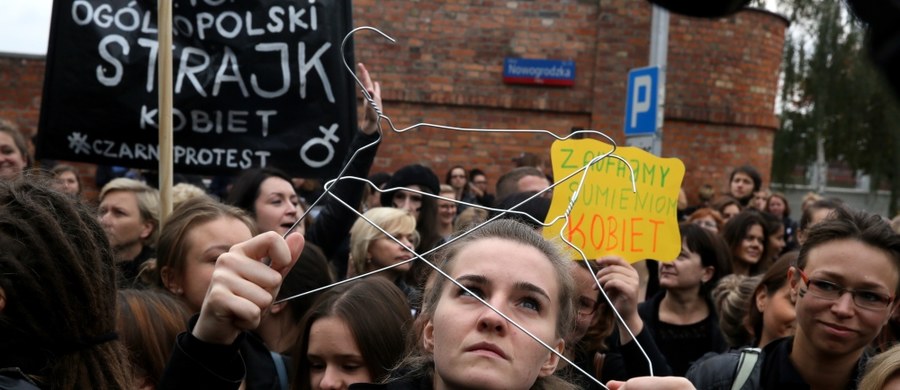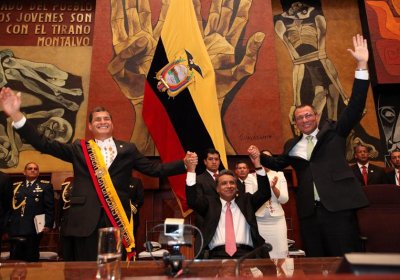Efforts to halt plans for nuclear waste dumping in South Australia have made important advances in recent weeks, with environmental, trade union, indigenous and other bodies pushing for a joint opposition campaign.
At a September 16 meeting called by the peak labour movement body, SA Unions, and the Maritime Union of Australia, members of at least 14 organisations resolved to work toward forming a coordinating committee “around the common objective of preventing nuclear waste dumps being established in South Australia”.







 Poland’s ruling far-right Law and Justice party has reversed its support for a draconian abortion ban after women across the country went on strike to protest the proposed law.
Poland’s ruling far-right Law and Justice party has reversed its support for a draconian abortion ban after women across the country went on strike to protest the proposed law.

